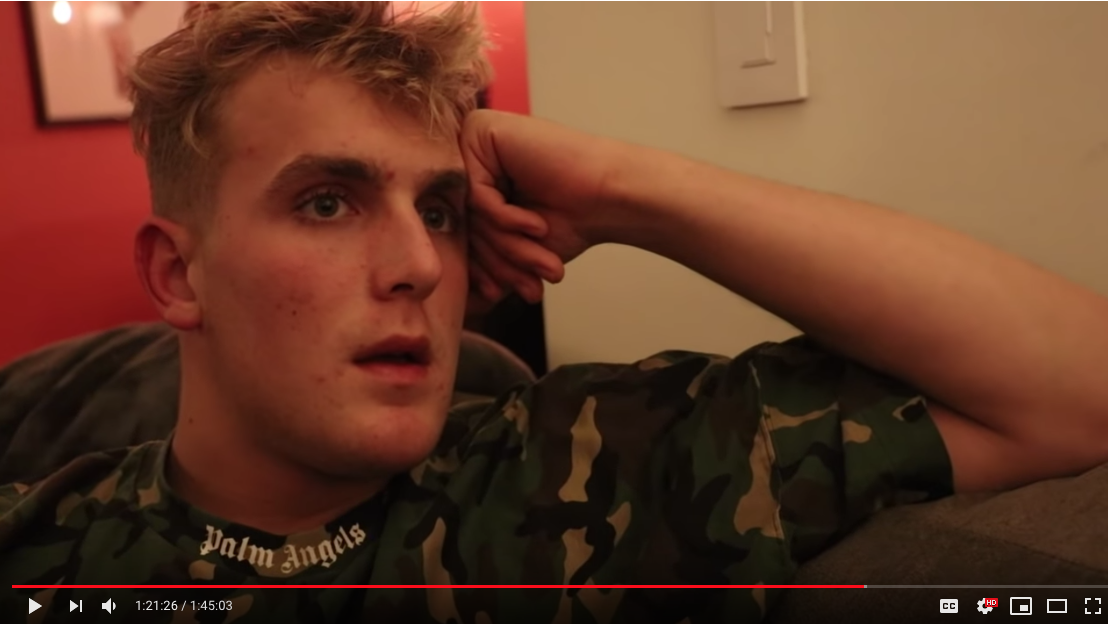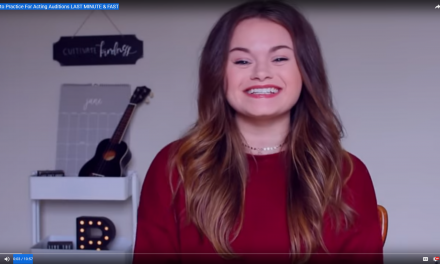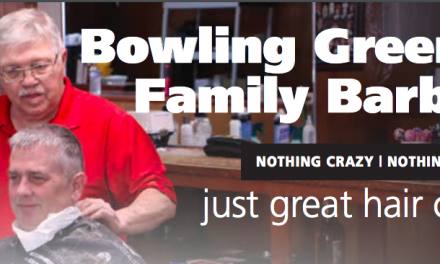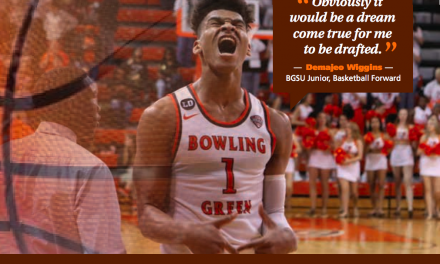The Mind of Jake Paul:
YouTube series
deserves
backlash
By Stepha Poulin
Winter | 2018
Just a few months ago, most people over the age of 8 didn’t know of Jake Paul, let alone know his entire life story. But Shane Dawson’s eight-part series, titled “The Mind of Jake Paul,” basically made Paul the YouTube equivalent of a household name.
All together, all eight parts have over 141 million views. The first installment drew 22 million views, and views for the other seven parts don’t fall far behind that. It intends to give a behind-the-scenes look into Paul’s life as a “social media influencer” — someone whose social media presence molds followers’ tastes and even purchasing decisions.
Unfortunately, it’s a shame the series has gained so much attention, as it utilizes traits associated with mental illness for nefarious purposes. Whether or not you care to keep up with Dawson, Paul or any other internet personality, this series has real-world implications due to the number of people who have seen it.
Its portrayal of mental illness not only spreads misinformation, it reinforces stereotypes of mental illness to millions viewing it. Dawson uses the “scary” facets of mental illness to thrill viewers at the expense of those who do have mental illness. The series dramatizes mental illness
by suggesting Paul has the characteristics of a sociopath and may actually be one. According to The American Psychiatric Association, sociopathy is more accurately labeled as antisocial personality disorder. The key signs of a APD, and other personality disorders, are “impairments in personality (self and interpersonal) functioning and the presence of pathological personality traits.”
Basically, people with APD have social behaviors that work against societal— norms of thought and emotion — hence the term antisocial personality disorder. This causes problems within relationships with others and even their relationship with themself. Because Dawson isn’t a trained mental health professional— if that’s not obvious by now— so he relied on the help of Kati Morton, a licensed marriage and family therapist who also creates YouTube videos in her spare time.
Although Morton’s specialization is treating eating disorders, she isn’t well-versed in other areas of psychology. All therapists learn of APD and other mental disorders through their schooling, but complex disorders require specialization to diagnose. Morton should know this because of
her own specialization. In comparison to a general licensed therapist, her knowledge on eating disorders allows her to better serve patients in her care. It’s astounding that a mental health professional would agree to speak on video about a disorder in which they have no specialization.
Morton read straight from the DSM-5, a diagnostic tool used by mental health practitioners. She didn’t elaborate on the terms she was reading and even said “this isn’t my specialization” multiple times. While Morton never says Paul is a sociopath, going on film to help another person speculate someone’s mental state is completely unethical for a therapist to do. At one point, Morton and Dawson go visit Paul’s house.
They spend the day there and purposely withhold the fact that Morton is a therapist so she can analyze Paul for “sociopathic” traits. Once again … completely unethical. Morton and Dawson repeat the term “sociopath,” which — as we know– isn’t the correct diagnostic term. Morton admits that the DSM-5 actually has “sociopathy” and “psychopathy” under the same disorder: APD. Yet she, a professional, continues to use the term.
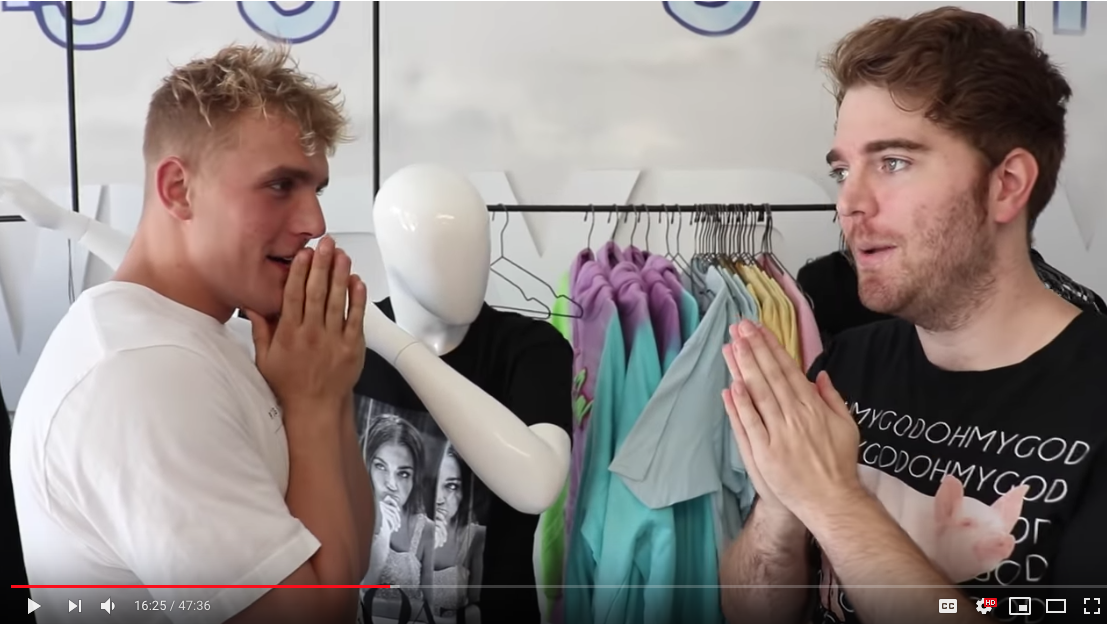
“Dawson uses the “scary” facets of mental illness to thrill viewers at the expense of those who do have mental illness.”
If anything, it is a derogatory word usedfor the sake of shock value. Dawson may not have set out to offend people who have APD or mental illness in general, but using an illness for shock value is abhorrent.
Dawson didn’t need to frame the series around a speculated mental illness, but he knew the shock value would draw in viewers. But arguably, the series could have focused on all of Paul’s crazy antics without even mentioning sociopathy. He’s set a mattress on fire in his pool that’s situated in the middle of a Los Angeles suburb — all for a YouTube video.
The guy had a mob of pre-teens outside his house on a daily basis for months because of his popularity. Obviously something about Paul is inherently shocking without mentioning an assumed mental illness. The editing also adds to the series’ dramatization of mental illness. Dawson edits in clips of various YouTubers displaying traits of APD in their videos.
He prefaces the clips with a disclaimer saying he isn’t trying to call anyone a sociopath. In the video description, Dawson repeats this disclaimer and defends the clips. He said he used those as examples “to make for an entertaining video.” But mental illness isn’t entertaining — especially for those affected by it.
Dawson also interjects exaggerated reactions to facts about people with APD. He gasps at the fact that 1 in 25 people have the disorder, giving viewers the impression they should be scared of people trying to cope with a mental illness.
Despite the series’ shortcomings when it comes to mental health education, Dawson managed to pull it off without much criticism from his subscribers. Dawson is one of the original YouTubers and has posted videos and maintained a following since September 2005.
He began his YouTube career filming comedy sketches, some getting welldeserved criticism for their insensitivity with titles like “GHETTO GIRL MAKEUP TIPS!” and “GIRL POOPS PANTS WHILE TWERKING! – VIRAL INFECTION EP 1.” He has often donned blackface for his “ghetto girl” videos.
His YouTube channel has over 4 billion views and nearly 19 million subscribers, and Dawson still has a supportive following despite any past controversy. In 2014, Dawson posted an apology for any “offensive” videos he had posted in the past. He told viewers “I have no hate in my heart” and asked for forgiveness, fending that times had changed for comedy
The apology came years after the fact, and his viewers still took it to heart. As viewers, we need to be cautious about who we admire and support. It sometimes seems like those we admire can do no wrong — don’t let this admiration cloud your judgment.
This isn’t a call for censorship. After all, we’re all just looking for entertainment. This is a call for conscientious viewership. No matter how much you like an internet personality, be critical of them. Ask questions like:
“Did I like the content or did I just like the person?”
“Did I enjoy this content or am I using it to pass the time?”
“Is this content inoffensive or is it just inoffensive to me?”
The less support these people get, the better. It could literally put a YouTuber out of business — views equate to profit. There’s no need to post a dissertation or feed the internet trolls lurking in comment sections. Conscientious viewership is as simple as thinking about what we view. By considering the media we consume, we are less likely to view forms of media like this series

